LTER MiniSymposium – Scenarios and Ecosystem Forecasting
8:30 AM – 12:30 PM, February 21, 2014
National Science Foundation – Stafford II Building Room 555
Speaker Abstracts
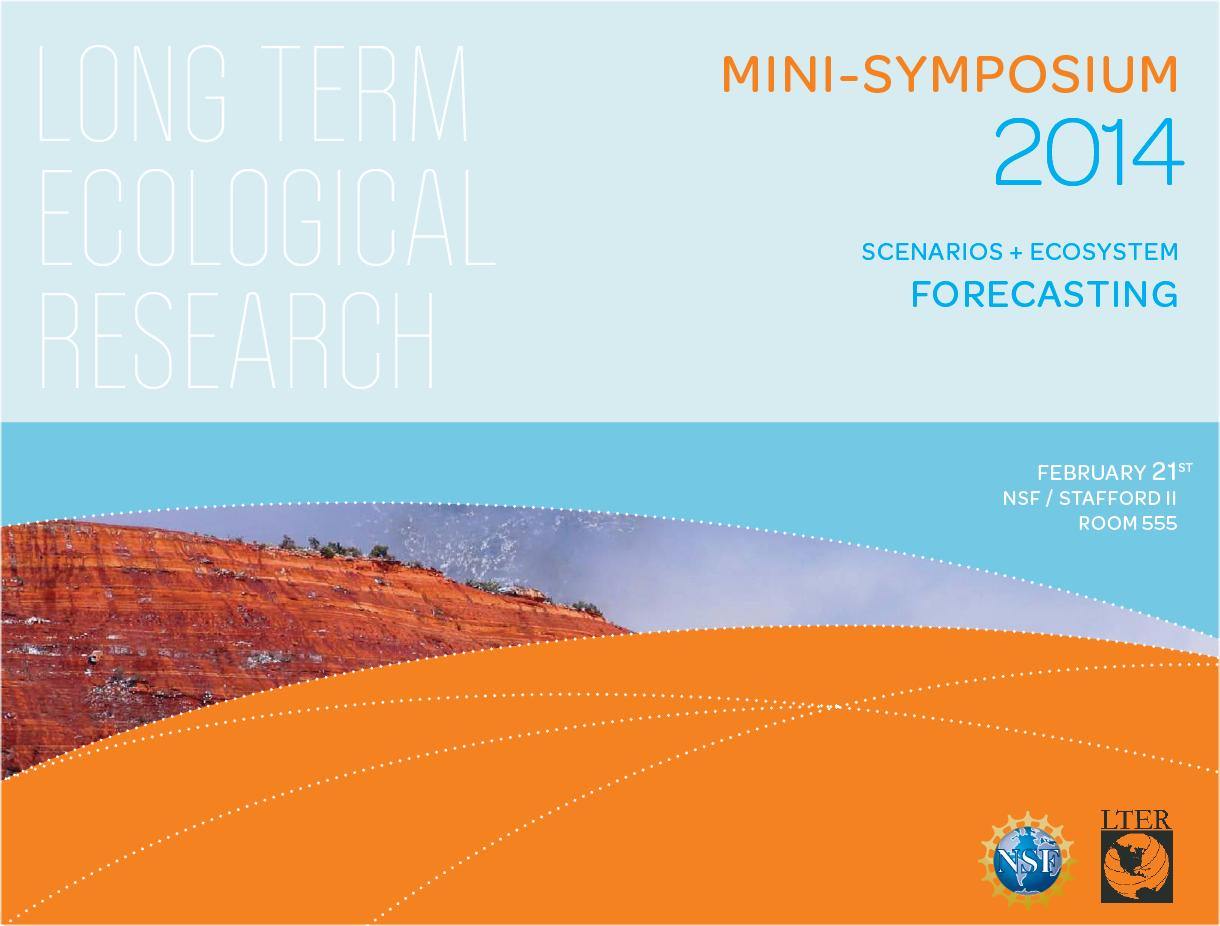
The 2014 LTER Mini-Symposium highlighted recent interdisciplinary efforts to understand, anticipate, and adapt to global change through the process of scenario thinking and ecological forecasting. These approaches expand theories of social-ecological change, vulnerability, resilience, and adaptability, and illustrate how long-term data are essential in order to understand or predict future environmental responses to natural and anthropogenic disturbances. Six different speakers presented the results that use long-term data to improve our understanding of future socio-ecological change.
Speaker Abstracts:.
Steve Carpenter. (North Temperate Lakes LTER). A Long View: Integrating Stories, Art, and Biophysical Models to Explore Long-term Change in the Yahara Watershed, Wisconsin
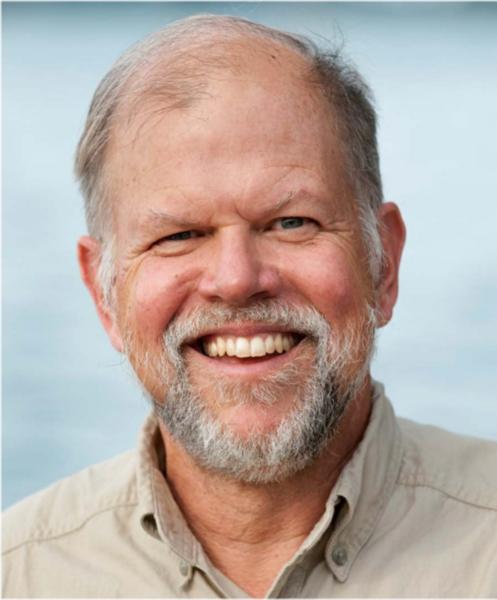
Agricultural, urbanizing watersheds of the Upper Midwest are exhibiting greater variability of hydrology, runoff, biogeochemistry and ecosystem services. Variability is expected to grow in coming decades. We have designed four broadly contrasting scenarios of pathways that the Yahara watershed of southern Wisconsin could take to 2070. Building from stakeholder interviews and workshops, scenarios were portrayed as narratives, art, and trajectories and maps of drivers. Driver trajectories and maps were logical extensions of long-term observations to date. Models for agricultural production, terrestrial biogeochemistry, hydrology and lake water quality will be adapted to simulate scenario dynamics. The goal is to project a suite of 3 provisioning, 5 regulating and 2 cultural ecosystem services from the era of existing LTER data to 2070. Simulation results provide questions for future LTER research, innovations in modeling and analysis of regional social-ecological systems, information for decision-makers, and readable easily-understood descriptions of future change that are accessible to the general public.
David Iwaniec. (Central Arizona Phoenix LTER). CAP LTER Sustainable Futures Scenarios
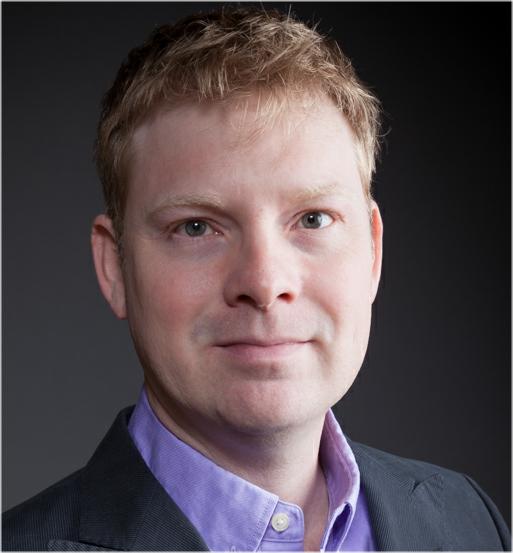
This talk will explore research done within CAP LTER regarding development of sustainable futures scenarios, utilizing participatory modeling approaches. The collaborative approach, applied in support of developing the Phoenix General Plan, features a productive dynamic between researchers and decision-makers as full partners. This talk will highlight work done using game-based approaches to engage stakeholders, which fed modeling efforts and addressed city planning needs. The presentation will also highlight methods to integrate plausibility-based futures (what is most likely to happen) and desirability-based futures (what we would like to happen).
Kathy Lambert. (Harvard Forest LTER). Land Use Scenarios, Ecosystem Services, and Linkages to Society: A New England Case Study
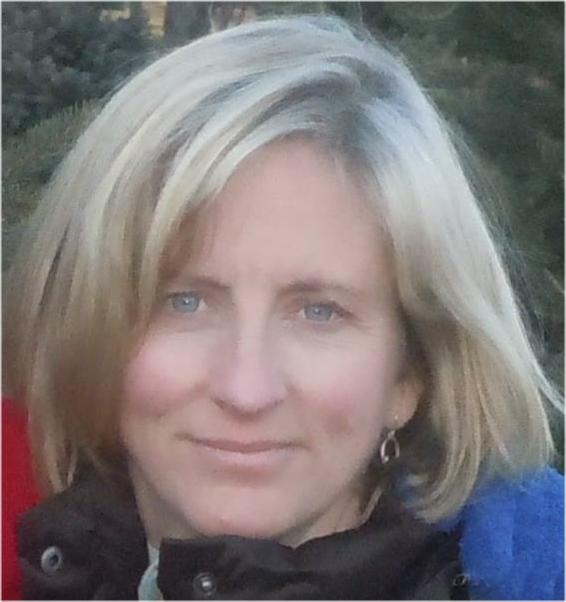
This talk will explore how the Harvard Forest LTER has integrated stakeholder engagement, land use and ecosystem service modeling, and science communication to understand the drivers and consequence of land use change and to inform decision-making in the New England landscape. We will share recent results based on modeling and analysis of four divergent but plausible land use scenarios developed together with stakeholders in Massachusetts. We will highlight the methods we used for involving stakeholders, linking spatially explicit large landscape simulation with ecosystem service models, and ensuring salience of the results to society. We will share our perspective on how this expanded research approach enhanced both the science and its utility to decision-makers. We will also share views on current model limitations, research needs, and plans for expanding the Massachusetts project to northern New England with the support of an NSF RCN-SEES award.
Charley Driscoll. (Hubbard Brook LTER). Recovery of Acid Lakes in the Adirondack Region of New York: Model Projections under Different Scenarios of Emissions Controls
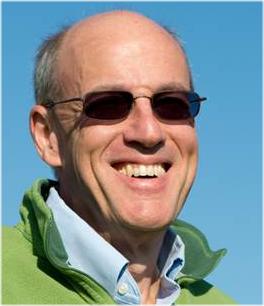
Acid rain has impacted forest and aquatic ecosystems in the Northeast. The Adirondack region of New York has 128 that are listed as impaired due to elevated acidity. A Total Maximum Daily Load (TMDL) was developed using the forest watershed model, PnET-BGC, to examine the level of additional emission controls of sulfur dioxide and nitrogen oxides necessary to recover acid impaired lakes. It was determined that a fraction of lakes would recover with additional emission controls. Another fraction will recover with additional emission controls beyond what is planned through current federal air quality management programs. Finally it appears that about 40% will not recover. These lakes are unrecoverable due to the fact that they are either naturally acidic or have experienced soil acidification that limits recovery. Plans are underway to examine the potential co-benefit of recovery of acid impacted lakes through carbon dioxide emission controls from electric utilities under a potential 111d rule through the Clean Air Act.
Gus Shaver. (Arctic LTER). Fire and Ice: Climate Change and Changing Disturbance Regimes in Northern Alaska
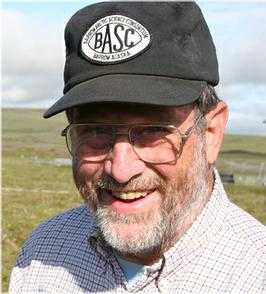
This talk will examine how the direct effects of a warming climate on the North Slope of Alaska interact with the climate-related changes in disturbance regime (such as increasing wildfire and thawing of permafrost and thermokarst) to determine regional carbon and energy balance and how they change. The research involves scenarios of change under a range of assumptions involving fire frequency, severity, and area burned as well as climate change.
Emanuele Di Lorenzo. (California Current Ecosystem LTER). Ocean Ecosystems: Forecasting Responses to Climate Forcing.

In order to forecast marine ecosystem responses to changes in climate (trends and variability), it is important to develop reduced-complexity conceptual models of how marine populations are expected to respond to changes in environmental forcing. This approach is needed to complement the more complex modeling approaches (e.g., end-to-end) that account for the entire range of climate/ocean ecosystem dynamics. The high degrees of freedom in end-to-end models lead to higher uncertainty in assessing ecosystem responses and in identifying robust mechanisms. Building on the experience and research from the California Current Ecosystem LTER, we will present a set of reduced complexity models that allows us to synthesize the mechanisms underlying observed long-term changes in pelagic marine populations of the California Current System. We will use these reduced order models to explore the responses of marine populations to a range of different climate forcing scenarios, and discuss lessons learned and challenges for future research.









